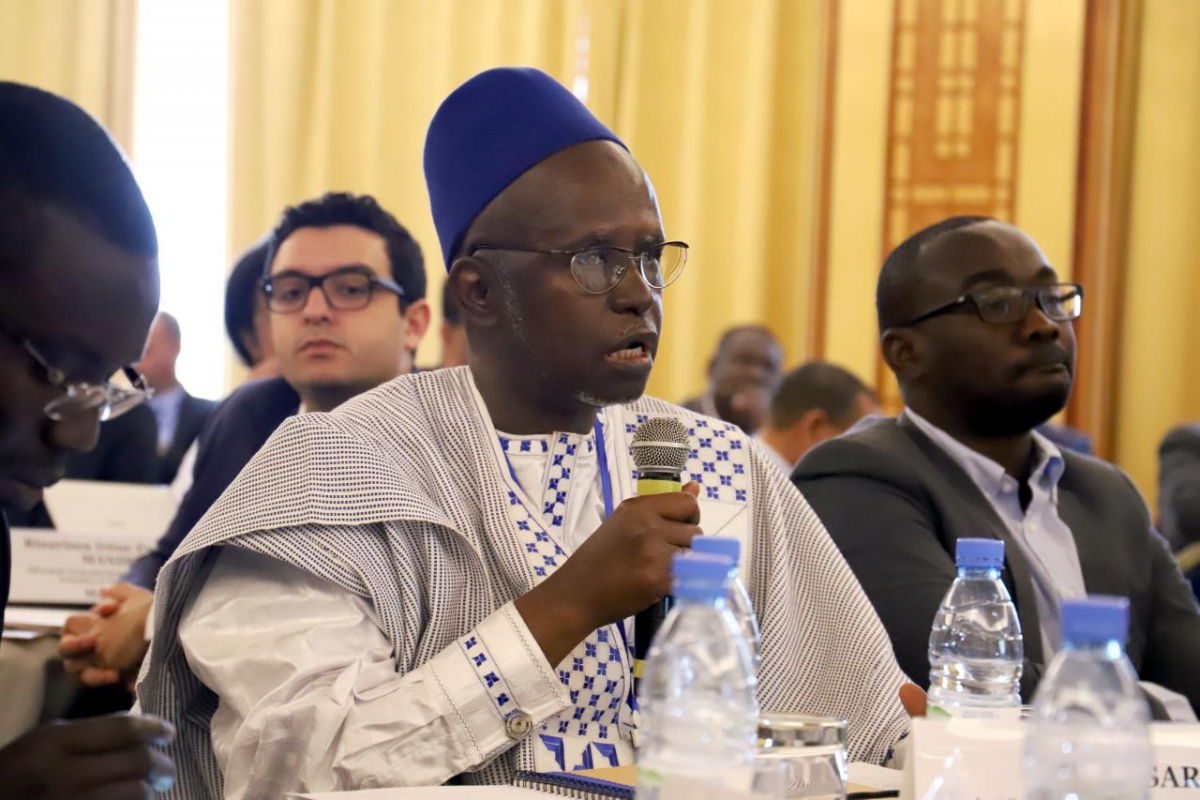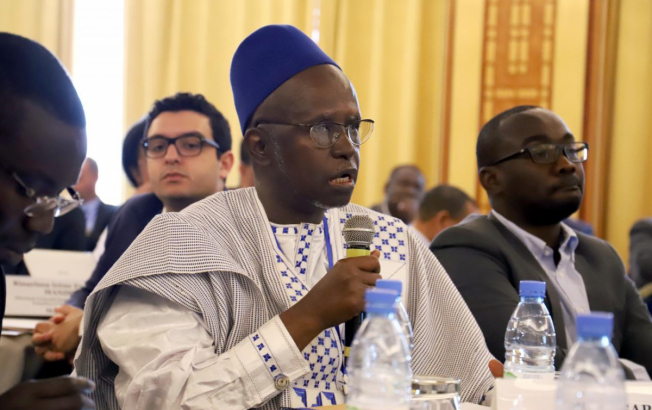Regional workshop on TVET systems for youth employability in Africa
The UNESCO International Institute for Educational Planning-Pôle de Dakar (IIEP-Pôle de Dakar), the Luxembourg Agency for Development Cooperation (Lux-Dev), and the Institut de la Francophonie pour l'éducation et la formation (IFEF) are organizing workshop for African vocational training stakeholders on the quality of training and certification schemes in relation to improving the employability of graduates, in Nairobi, Kenya, from 18 to 20 June 2019. Representatives from some 30 African countries will come together to share experiences, approaches, obstacles, and innovations related to strategies, policies, and programmes within the public and private sector, and at both national and local levels.
Youth employment is one of the main challenges facing the African continent. Among 15-24 year-olds, a group that accounts for 20 %of the African population, 41% are unemployed. Furthermore, 70% of youth that have a job are in situations of particularly vulnerable employment. In this context of massive ‘hidden unemployment’, the population of working age people will increase by approximately 450 million by 2035. If job creation trends remain unchanged, only 100 million people may find decent work opportunities, according to the 2017 Africa Competitiveness Report produced by the World Bank, the African Development Bank, and the World Economic Forum.
Most TVET system reforms by African countries have included greater emphasis on the management of quality; however, vocational training actors still do not consider quality assurance systems sufficiently effective. This has a significant impact on the capacity to guarantee a sustainable transition for TVET learners to the labour market. The upcoming workshop is therefore an opportunity for participants to think, based on concrete experiences from across the continent, on ways to improve the quality and performance of TVET systems.
The workshop will focus on three key questions, selected by the organizers and based on their experiences in supporting national and local African actors:
1. Which certification mechanisms will guarantee the quality of learning achievements and their alignment with economic needs in terms of skills?
2. Which strategies and tools will increase the quality of the performance of vocational training institutes and centers (VET-C) in order to enhance the professional integration of learners?
3. How to create a proficient mechanism to monitor the professional integration of leavers and which can support improvements in TVET quality and the regulation of training providers?
In this context, national teams from some thirty African countries will have the opportunity to discuss, share, and capitalize on experiences to find solutions and ways to develop their TVET systems through knowledge and analysis of what is being done in other countries.
***
The three partner organizations organized a first regional workshop in Dakar from 19 to 21 March 2018 on the theme of public-private partnerships in technical vocational training in Africa. More than 120 participants from 18 African countries, representatives of the public and private sectors involved in vocational training, but also representatives of specialized networks, international organizations, and development partners took part in the work. This second workshop in Nairobi is thus a continuation of this first workshop. For more information on the results, see the report: pefop.iiep.unesco.org


©Thibaut Monnier/VET Toolbox

